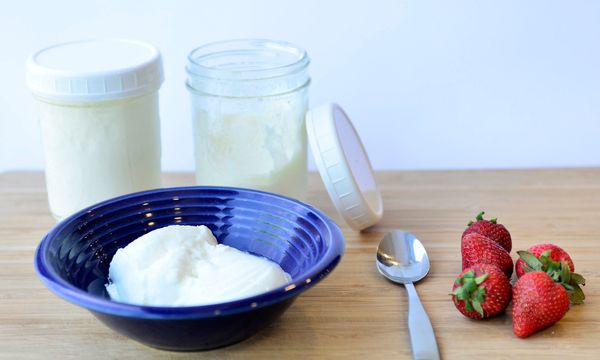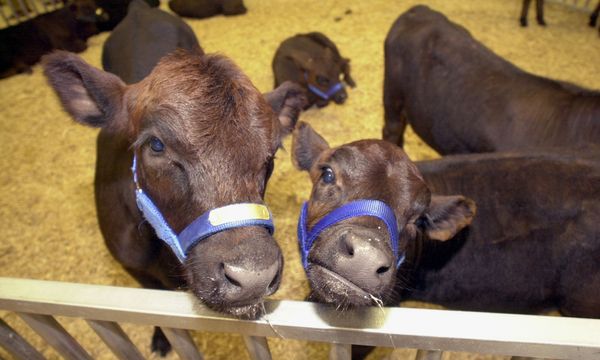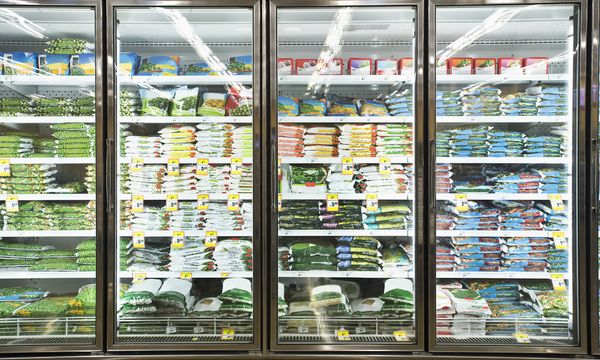
The refrigerator and cupboard are full of food, but I don't dare eat any of it. The yogurt expired yesterday, the bread the day before and that package of deli ham? According to the date stamped on the package, it went bad last week.
I won't eat food after its expiration date has passed. But in my house, I'm the minority. I live with people who have no qualms about noshing on year-old canned goods or outdated cereal. And now that I consider their questionable habits, I realize they've never been the worse for eating ancient fare.
Advertisement
What do those little numbers stamped on food packaging really mean? I consider them warning signs, helping me avoid eating expired food that would otherwise make me sick.
The truth is, all those dates stamped on the food you buy don't have anything to do with the safety of its consumption. You might see one of the following dates stamped on a product you buy:
- Sell-by date: This date is actually meant for retailers, not consumers. It instructs retailers how long to display the product on store shelves and is for marketing purposes.
- Best-by date: This is the date at which the manufacturer believes the food will reach its peak of freshness or flavor.
- Use-by date: This represents the last day of peak quality. It's the only expiration date that's relevant to home storage or use.
And here's where it gets really shocking for us date-watchers: Even when the "use-by" date has come and gone, the food is still usually considered safe to eat. And it will remain safe to eat for quite some time, as long as it was stored at the correct proper temperature. The bottom line? Most expired food belongs on the table and not in the trash [source: USDA].
While the U.S. Department of Agriculture and the Food and Drug Administration (FDA) have the authority to change any food labels that are misleading, they stop short of forcing food companies to provide helpful, comprehensive freshness information on food packaging. These labels — whether they exist, what they contain — are entirely up to the manufacturer. The only food that has federally required expiration dates is infant formula because it loses nutrients over time [source: NRDC].



